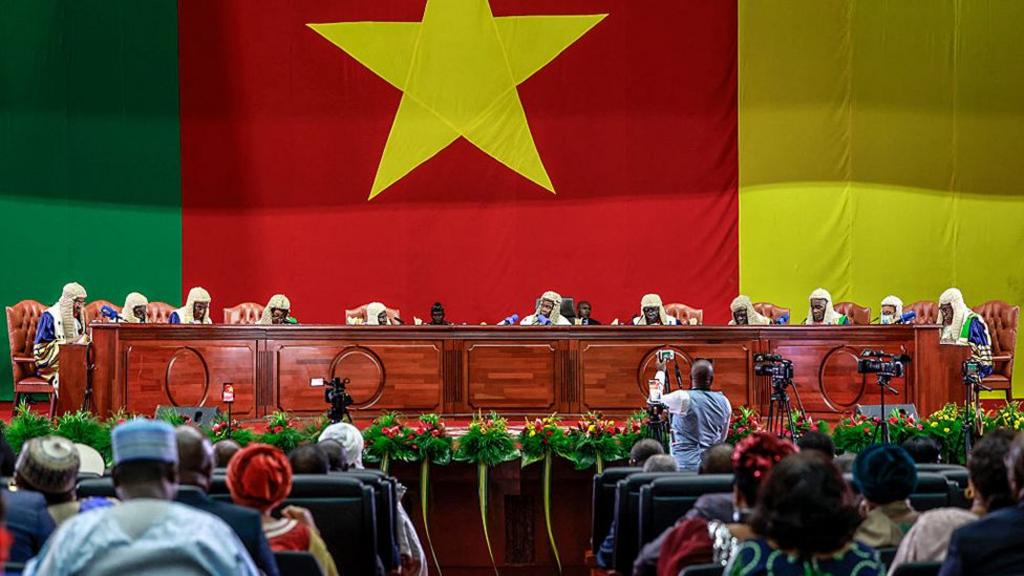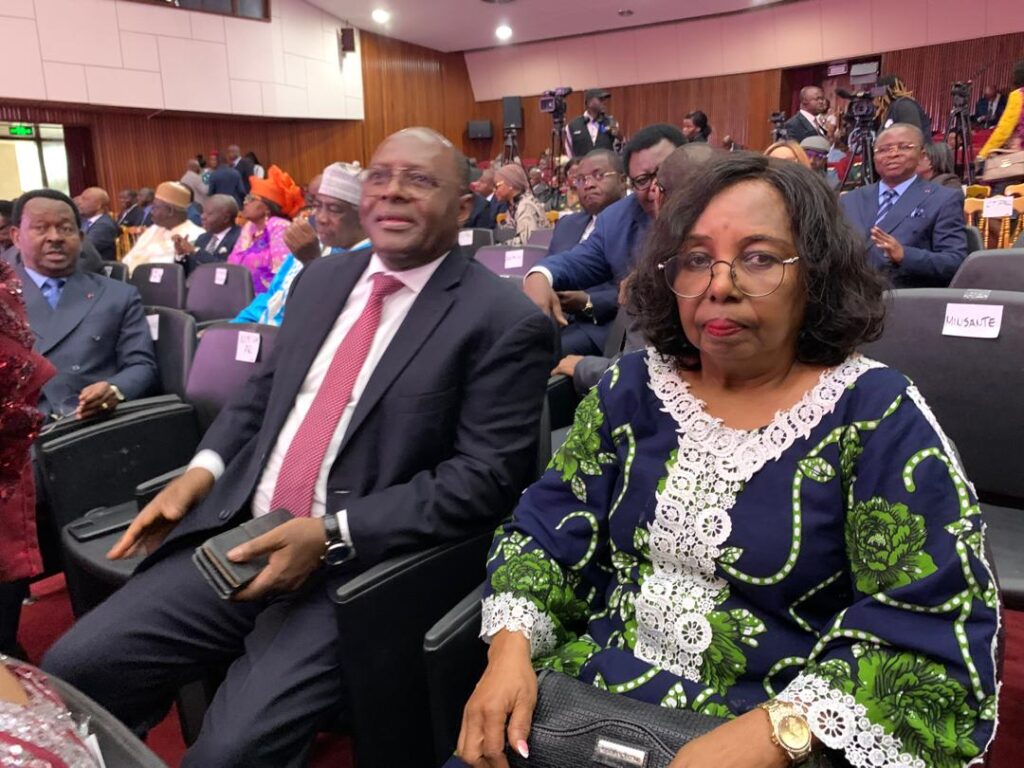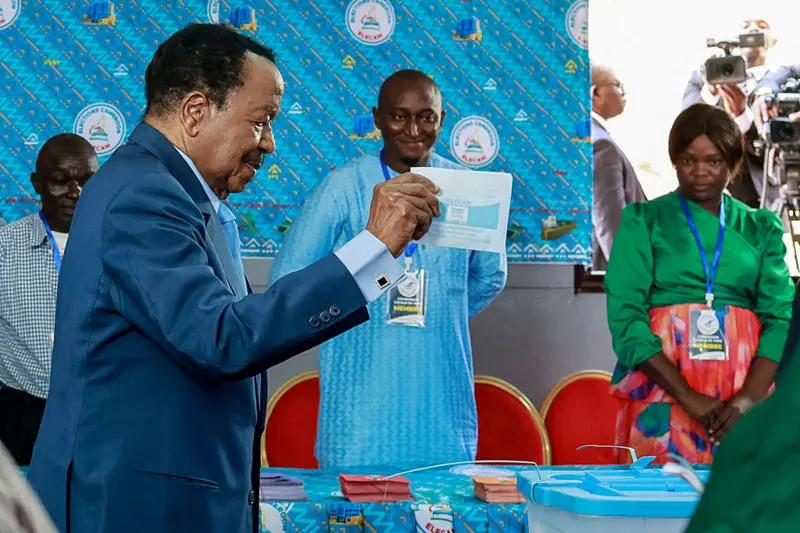Cameroon’s long-serving president, Paul Biya, has been declared the winner of the country’s October 12 presidential election, extending his more than four-decade rule amid widespread allegations of fraud and mounting political tension.
The Constitutional Council announced on Monday, October 27, 2025, that the 92-year-old leader secured 53.7% of the vote, defeating his main challenger, Issa Tchiroma Bakary, who received 35.2%. The results give Biya an eighth consecutive term, cementing his position as the world’s oldest head of state — a title he has held since first taking office in 1982.

But the declaration has sparked fury among opposition supporters, who accuse the ruling Cameroon People’s Democratic Movement (CPDM) of “stealing the people’s victory.”
Opposition Rejects Results
Issa Tchiroma Bakary, who had earlier proclaimed himself the winner, rejected the official outcome, calling it “a betrayal of the Cameroonian people’s will.” He insists the results were “tainted” and “engineered to maintain a regime that no longer represents the people.”
Tchiroma’s declaration last week triggered violent confrontations in Douala, where opposition supporters clashed with police and gendarmes yesterday. At least four people were killed in the unrest, according to the Governor of the Littoral Region, while several others, including members of the security forces, sustained injuries.
Tense Calm in the Capital
In the capital Yaoundé, the atmosphere remained tense following the announcement. Many shops and schools remained closed, as residents stayed indoors fearing possible protests or crackdowns. A heavy security presence was observed around government buildings and major intersections.
“We just want peace,” said a teacher in Yaoundé’s Mvog-Ada neighborhood. “Every election, it’s the same story — promises, protests, and people dying. When will things really change?”
A Victory for Stability or a Sign of Stagnation?

While supporters of President Biya celebrated his re-election as a sign of “continuity and stability,” critics say it reflects the deep democratic deficit in the Central African nation. Observers noted low voter enthusiasm in opposition strongholds and reported irregularities in the compilation of results.
International reactions remain cautious, with regional bodies and foreign governments calling for restraint, transparency, and dialogue between political actors.
“Cameroon Needs Peace, But Also Truth”
As Biya prepares to begin another seven-year term, many Cameroonians are reflecting on the state of their nation — one divided by political mistrust, economic hardship, and conflict in the Anglophone regions.
“The president has won again,” said a university student in Douala. “But what about the people? What have we won?”
With tensions still simmering and opposition leaders vowing to contest the outcome, the coming days could prove critical for Cameroon’s stability — and its future as a democracy.

